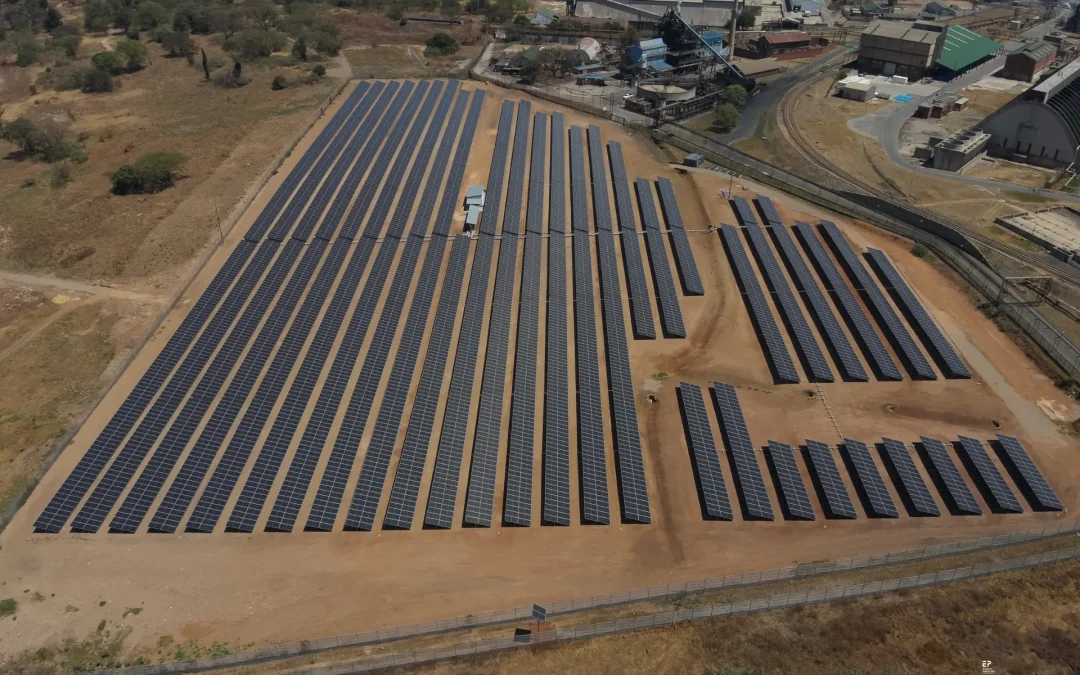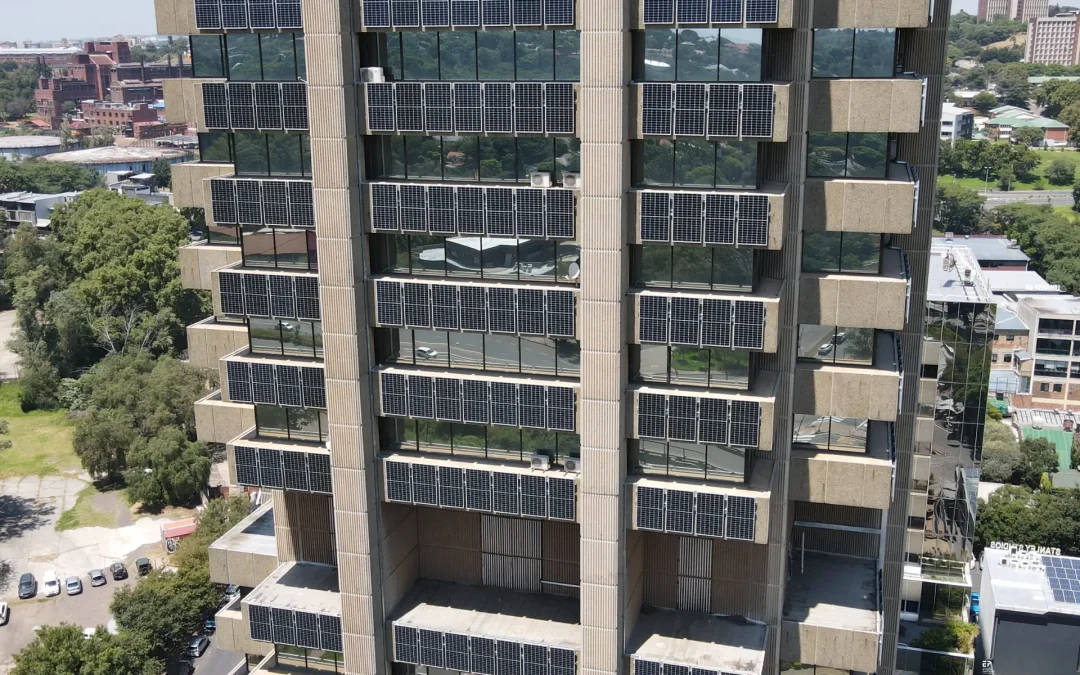The Breede River Valley, located in the Western Cape, is widely recognised not only as a top tourist destination, but also for being the largest of the Western Cape’s fruit and wine producing valleys. More recently, however, large commercial operations such as Kaap Agri, BBK, GRW, the Du Toit group and Pioneer Foods have also put the region on the map for renewable energy producers, as the demand for state-of-the-art solar generation solutions has exploded.
This is according to Manie de Waal, CEO of EP Solar – a division of Energy Partners and part of the PSG group of companies – who says that the Breede River Valley region, which includes Worcester, Ceres, Bonnievale, Montagu and Tulbagh, is a prime location for the implementation of solar energy.“EP Solar is involved in a number of projects in the region, providing small-scale embedded solar generation to customers on an outsourced basis. As the service provider, EP Solar owns and operates the installed infrastructure, while selling the generated electricity to our client as a utility at below municipal rates. For the large producers in the Breede River Valley, this solution has proven to be very effective in providing their operations with reliable energy supply and decreasing operational costs.”He adds that various commercial operations across the agricultural spectrum are coming to the same conclusion where energy is concerned. “We are currently running a number of large outsourced solar contracts in the Breede River Valley, ranging from manufacturers of agricultural equipment, to fruit producers and bottling operations. It shows us that solar energy really is an extremely versatile solution for businesses in the region.”The key to solar power’s success in this area, says De Waal, is not only the amount of sunlight hours that can be utilised effectively, but also the fact that all of these operations rely on power purchase agreements (PPAs) for their energy generation. “The fact that there is relatively little rain in the region puts it among some of the best places for solar generation in the country. In addition to this, PPAs lead to even better solar yields, since they are partnering with a service provider that actively monitors and operates the system for optimal results. Outsourced contracts also guarantee energy spend reductions and have no upfront cost for the businesses, which appeals to many companies in the area.”Another factor that De Waal believes is driving more businesses in the area to adopt solar generation is the local municipality. “Municipal tariffs for electricity are relatively high here, which is not ideal for businesses that are trying to grow. However, the municipality is very amenable to the notion of local operations adopting solar power. This has removed a lot of hurdles for these businesses and made the business case for embedded power generation even more compelling.”Added to this, he notes that the ongoing load shedding by Eskom has also hurt businesses in the region, both large and small, which is driving companies further away from grid-dependence. “While solar power on its own is not an adequate solution to combat load shedding, we still see significant interest from businesses to implement it. What we are seeing in response to the power interruptions is that many of our clients are now requesting that conventional generators also be included in their PPA contracts. Even with the increased cost of running something like a diesel generator on site, combining it with solar energy still makes it a more financially-viable solution than being completely tied to the municipal power grid.”With its involvement in some of the largest commercial operations within the region, EP Solar has now become the second-largest provider of electricity in Worcester, with the biggest being the local municipality. “This is an important fact to note because it means that we now have a big enough footprint in the region to offer sufficient support for any new solar contracts here in future,” notes De Waal.In light of this, he says that the Breede River Valley is rapidly becoming the poster child for solar power, and an example of the full capabilities of state-of-the-art PPA providers. “We believe that within a few short years, every business in this area that owns its own site would be wise to implement solar generation. The growth potential for this solution is virtually limitless at the moment, and it is highly likely that PPAs are going to play a massive part in elevating the Breede River Valley’s status as an agricultural hub even further,” De Waal concludes.





